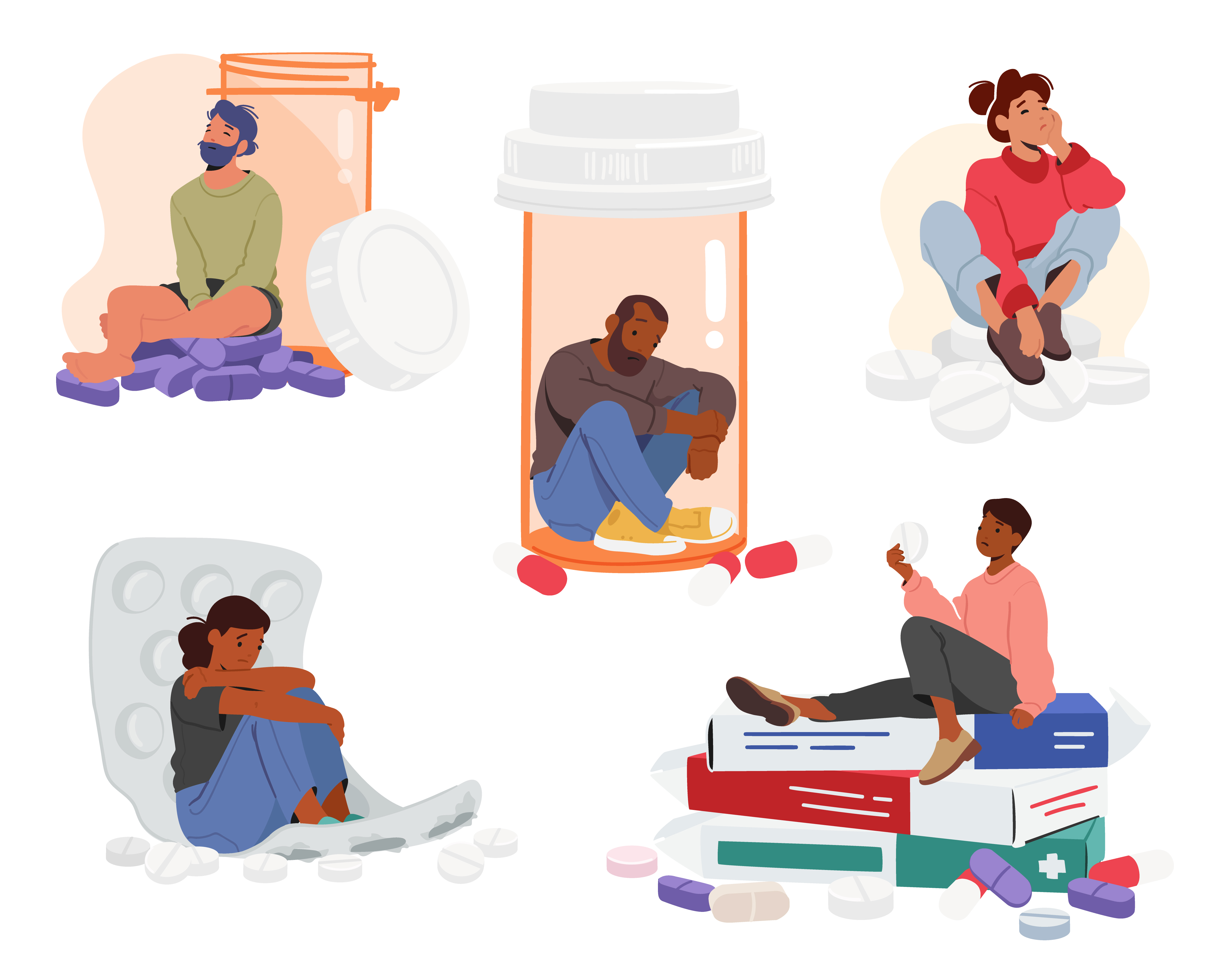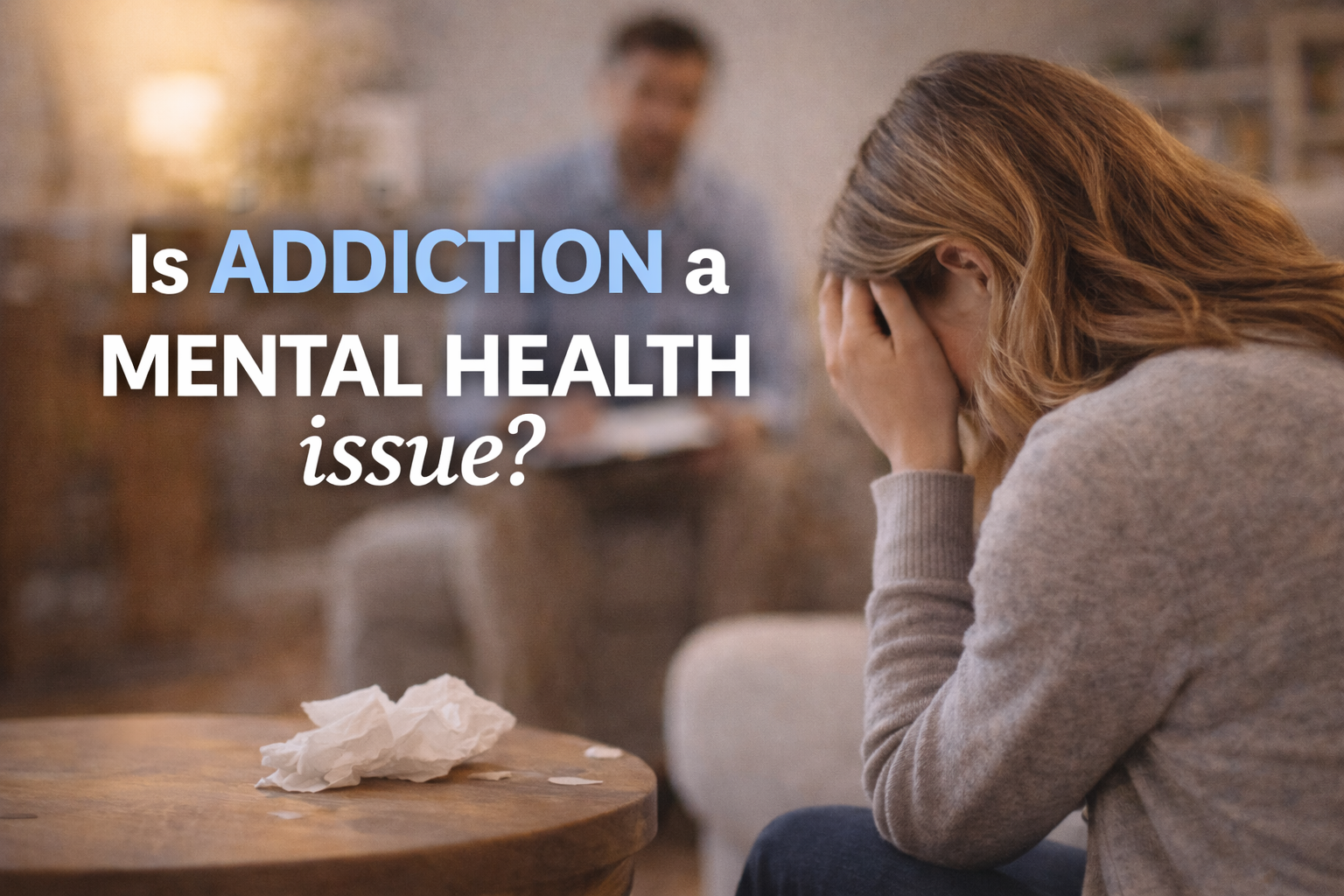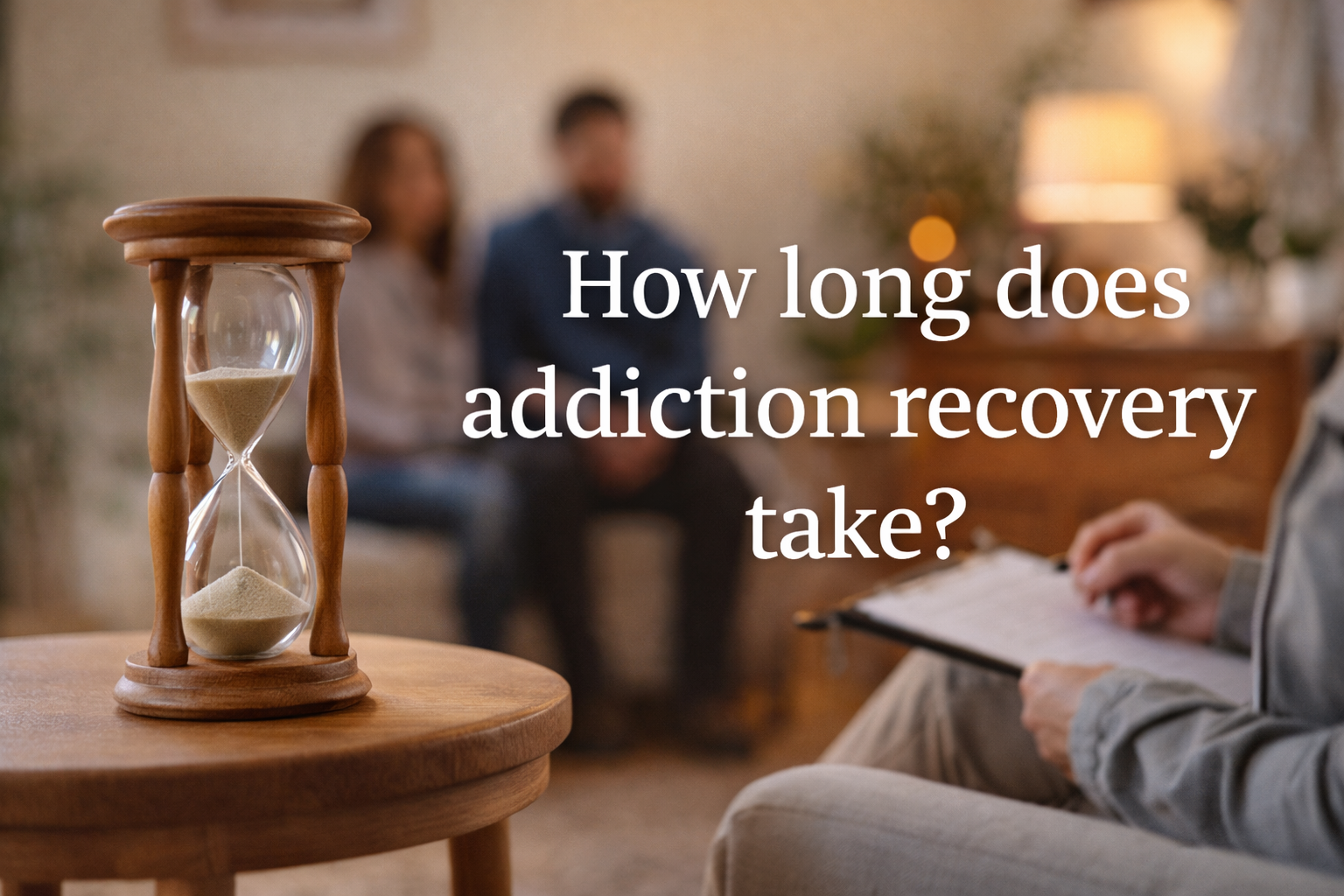Addiction is a complex yet treatable condition that profoundly impacts individuals physically, emotionally, and socially. Recognizing the diverse treatment options available is a critical first step toward lasting recovery. At Solace Asia, we offer a comprehensive array of evidence-based treatments specifically tailored to each individual's unique recovery journey.
1. Medical Detoxification (Detox)
Medical detoxification is typically the initial step in addiction treatment. It involves safely removing substances from the body under professional supervision to manage withdrawal symptoms effectively. Detox ensures patients remain comfortable and safe, significantly reducing health risks associated with withdrawal.
- Why It's Important: Detox prepares individuals physically and mentally for subsequent treatment steps, laying a stable foundation for lasting recovery.
- Common Medications Used: Benzodiazepines for alcohol withdrawal, methadone or buprenorphine for opioid detoxification, and supportive medications for managing symptoms like anxiety and insomnia.
2. Inpatient Rehabilitation
Inpatient rehab programs provide structured, intensive care where individuals reside within a facility for a set period. This immersive environment offers 24-hour support, reducing exposure to triggers and facilitating deep therapeutic engagement.
- What to Expect: Personalized treatment plans, individual therapy, group counseling, family therapy, skill-building workshops, and wellness activities.
- Who Benefits Most: Individuals with severe addiction, co-occurring mental health disorders, or those without strong external support systems.
3. Outpatient Programs
Outpatient treatment programs offer flexibility, allowing individuals to attend regular therapy sessions while maintaining daily responsibilities, such as work or education. These programs are ideal for individuals who have stable, supportive home environments.
- Types of Outpatient Programs: Standard Outpatient (weekly sessions), Intensive Outpatient Programs (multiple sessions per week), and Partial Hospitalization Programs (daily intensive sessions).
- Key Benefits: Ability to practice recovery skills in real-world settings and maintain personal and professional commitments.
4. Medication-Assisted Treatment (MAT)
Medication-Assisted Treatment combines FDA-approved medications with counseling and behavioral therapies to effectively address substance use disorders, particularly opioid and alcohol addiction.
- Commonly Used Medications: Methadone, Buprenorphine, Naltrexone.
- Effectiveness: MAT significantly reduces cravings, prevents relapse, and helps individuals remain engaged in their recovery journey.
5. Behavioral Therapies
Behavioral therapies play a crucial role in addressing the underlying psychological aspects of addiction. These evidence-based therapies help individuals identify, understand, and modify harmful thoughts and behaviors.
- Popular Therapies: Cognitive Behavioral Therapy (CBT), Dialectical Behavior Therapy (DBT), Contingency Management, Motivational Interviewing.
- Outcome: Enhanced coping mechanisms, improved emotional regulation, and greater resilience to triggers and stressors.
6. Support Groups and Peer Support
Support groups like Alcoholics Anonymous (AA), Narcotics Anonymous (NA), and SMART Recovery provide a community of peers who understand addiction firsthand. These groups foster mutual support, accountability, and motivation throughout the recovery process.
- Benefits: Reduces feelings of isolation, encourages emotional healing, and offers practical strategies for staying sober.
- Accessibility: Support groups are widely available both online and in-person, making them accessible resources for continuous support.
7. Holistic Therapies
Holistic treatments complement traditional addiction therapies by addressing the mind-body connection, improving overall well-being, and reducing stress.
- Examples of Holistic Therapies: Yoga, meditation, mindfulness practices, art therapy, music therapy, acupuncture, and physical fitness programs.
- Advantages: Enhances self-awareness, stress management, and emotional stability, aiding overall recovery.
8. Aftercare and Relapse Prevention
Recovery is a lifelong journey, making aftercare essential in maintaining sobriety and preventing relapse. Comprehensive aftercare programs offer continued support and resources post-treatment.
- Components of Effective Aftercare: Continued individual or group therapy, regular participation in support groups, sober living environments, and ongoing medical monitoring.
- Importance: Aftercare helps individuals manage daily stresses, reinforce recovery skills, and sustain long-term recovery.
Choosing the Right Treatment at Solace Asia
At Solace Asia, we recognize that each recovery journey is unique. Our experienced, multidisciplinary team develops personalized treatment plans that integrate medical care, therapeutic interventions, and holistic approaches. Our serene facility located in Kuala Lumpur offers an ideal setting for healing and transformation.
If you or someone you love is facing addiction, reach out to us today. Recovery is possible, and we're here to support you every step of the way.




.jpg)



